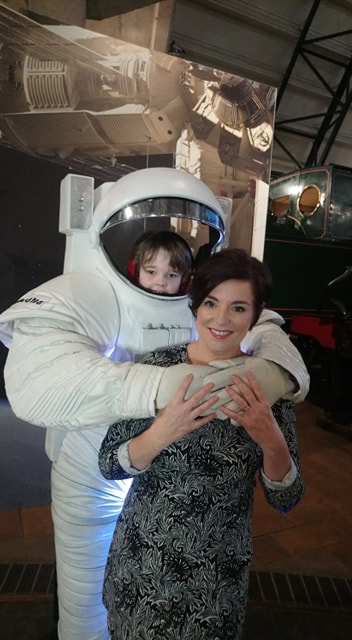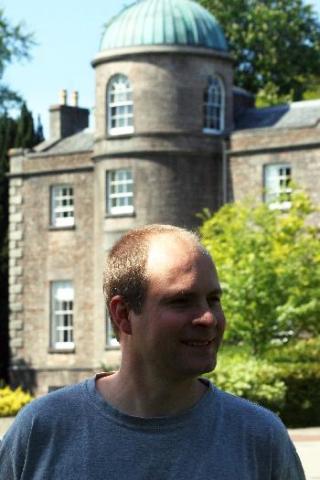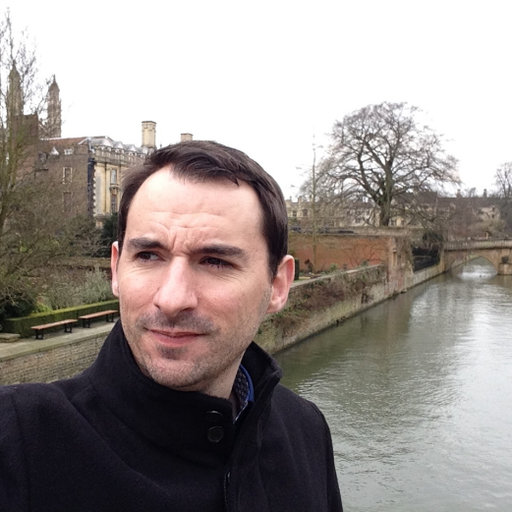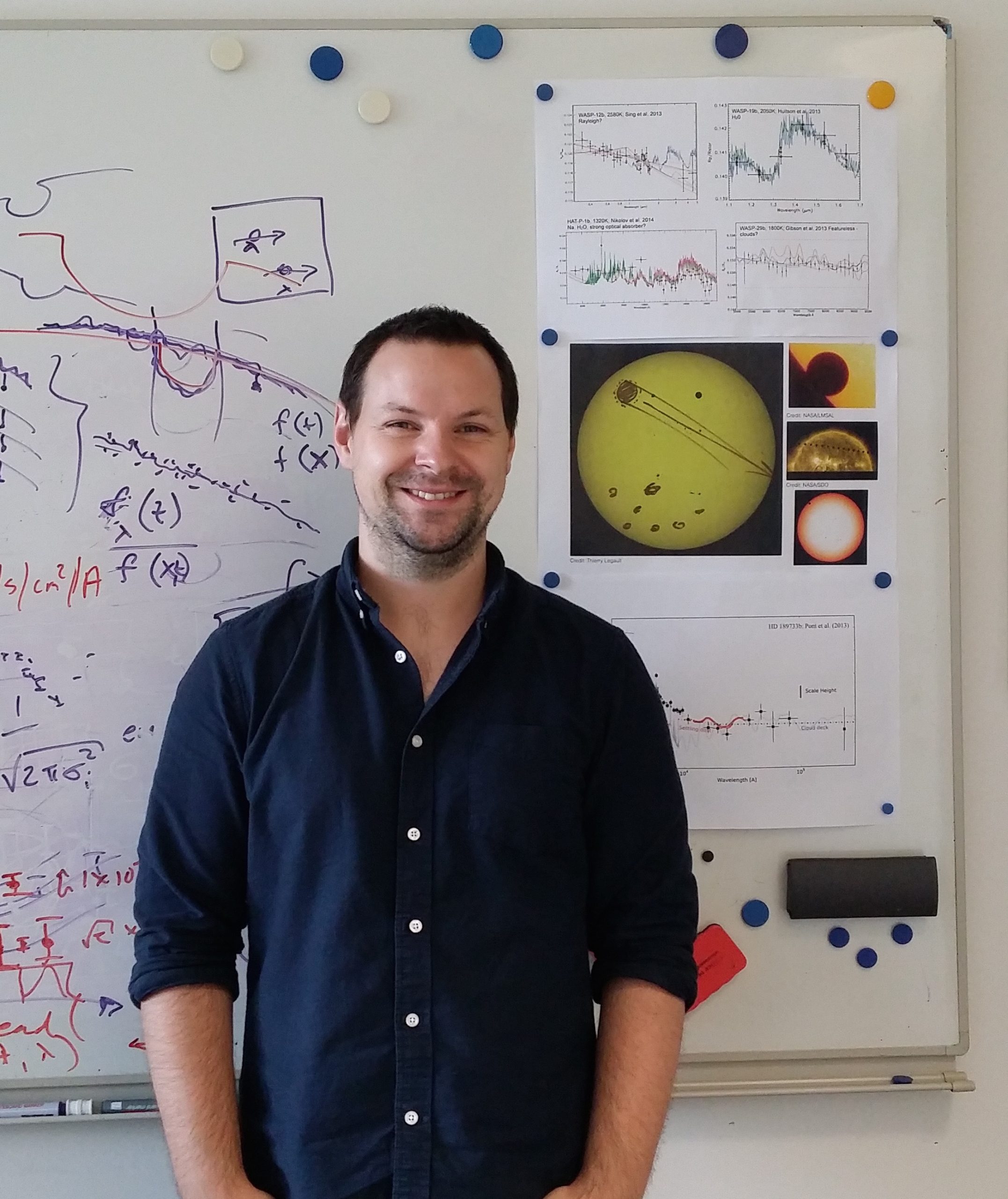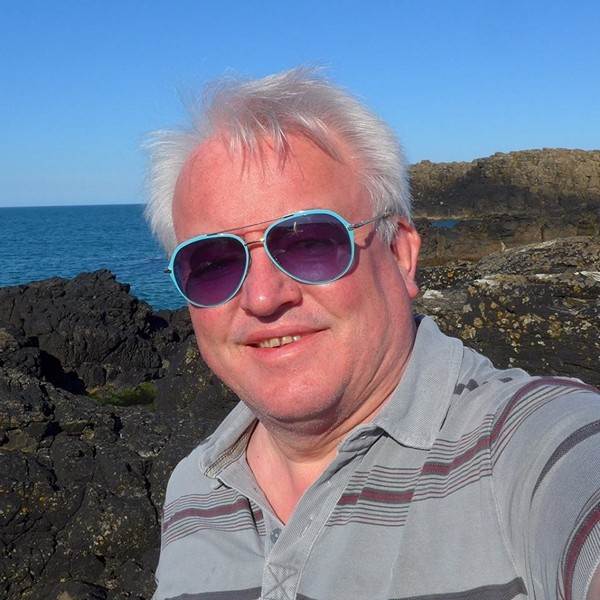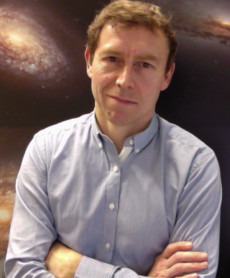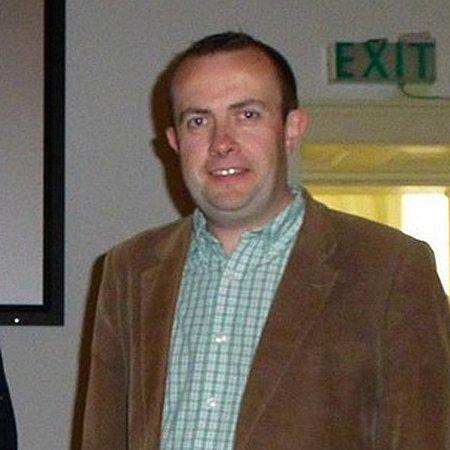Hayden Geraghty, aspiring astronaut and one of the IAA's youngest members will be appearing with Rita Fitzgerald on UTV Life on Thursday 14th March. Tune in and enjoy!
Category Archives: Event
Lecture Weds 6th March – Prof Brian Espey (TCD) – “Protecting the night sky from light pollution” & Mary McKeown (MUDC) Davagh Forest Dark Sky Park
We are very pleased to welcome one of Ireland's top experts on light pollution, Prof Brian Espey, and Mary McKeown from Mid Ulster District Council for this double-headed talk.
Brian Espey is an Associate Professor in Astrophysics in the School of Physics, Trinity College Dublin. He received a B.A. (Mod) Experimental Physics from Trinity College Dublin, University of Dublin in 1983, and a Ph.D. in Astronomy from the University of Cambridge in 1990.
2020 will bring a whole new star-gazing experience to Mid Ulster, when a Dark Sky Observatory and Visitor Centre opens at Davagh Forest, near Cookstown.
Details of the Project can be found here……
Bell Lecture Theatre, Physics Building , QUB, 7.30pm
All welcome. Free admission, including light refreshments.
Lecture – Weds 20th February – Dr Jorick Vink (AOP) – “Women in Astronomy: from the Maunder Mininum, to Leavitt and Hubble’s expanding Universe”
Bell Lecture Theatre, Physics Building , QUB, 7.30pm
All welcome. Free admission, including light refreshments.
Lecture – 6th February – Dr Simon Prentice (QUB) “The Cow: An incredible transient event”
Here’s the Synopsis and Biography by Dr Prentice himself…..
Whether it’s a massive star exploding, or clouds of hydrogen cataclysmically burning off the outer layers of a white dwarf, the Universe is never dull for transient astronomers. The last year was no exception with the discovery of AT2018cow (The Cow), a highly luminous and rapidly evolving event with no known analogue. Despite extensive multi-wavelength follow-up campaigns covering X-rays to radio, the nature of The Cow remains a mystery. Suggestions put forward include a tidal disruption event, a magnetar powered explosion, or an unusual supernova. In this talk I will summarise the observed properties of The Cow and where it lies in the transient “zoo”, and discuss the theories that have emerged to explain the origins of this rare event.
Bell Lecture Theatre, Physics Building , QUB, 7.30pm
All welcome. Free admission, including light refreshments.
Lecture – Weds 23rd January – Dr Neale Gibson (QUB) – “Exploring Alien Worlds: How to find Life in the Universe”
Bell Lecture Theatre, Physics Building , QUB, 7.30pm
All welcome. Free admission, including light refreshments.
IAA New Year Lecture 9th Jan: ‘Everything you wanted to know about Telescopes’ Dr Andy McCrea – The Video
IAA New Year Lecture and demo, 9th Jan: ‘Everything you wanted to know about Telescopes’ Dr Andy McCrea
By Dr Andy McCrea Andy needs no introduction: as proprietor of North Down Telescopes, for many years he has been supplying amateur and professional astronomers throughout Ireland with all sorts of astronomical equipment from a complete observatory down to an eyepiece or filter. He’s also an accomplished astro-imager, with many excellent photos in Stardust and our exhibitions to his credit. If there’s anything he doesn’t know about telescopes, binoculars and astrophotography, it’s not worth knowing!
He has agreed to step in at short notice as another speaker had other last minute commitments. He’ll bring along a selection of equipment, as well as telling you all you need to know.
Bell Lecture Theatre, Physics Building , QUB, 7.30pm
All welcome. Free admission, including light refreshments.
Lecture – Weds 12th December – Paul Evans (IAA) – “Apollo 8 – Christmas Around the Moon”
Lecture: Weds 28th November – Prof Stephen Smartt, ARC, QUB, “Kilonovae and the birth of multi-messenger astronomy “
Here's a synopsis of the talk from Prof Smartt…
"I will describe the remarkable discovery of the first electromagnetic counterpart to a gravitational wave source. The merging neutron star source GW170817 was temporally and spatially coincident with a short gamma ray burst and several teams located a transient optical source within the LIGO-Virgo skymap within 12 hours. A world wide observational campaign on telescopes from x-ray to radio immediately started showing that this electromagnetic transient was unlike any other observed to date. The UV to near-infrared emission showed that high velocity, low mass material was ejected and powered by the radioactive decay of heavy r-process elements. I will show how the electromagnetic radiation is consistent with models describing what we expect to see when two neutron stars merge."
Prof Stephen Smartt is a Professor in the School of Maths and Physics at QUB. Previously worked at the University of Cambridge and at the Isaac Newton Group of Telescopes on La Palma. Awarded the George Darwin Lecture of the Royal Astronomical Society in 2018, and previously held two major european awards : an ERC Advanced Grant , and European Young Investigator award.
Lecture Weds 14th November – Michael O’Connell – “Amateur Observations of Meteors”

